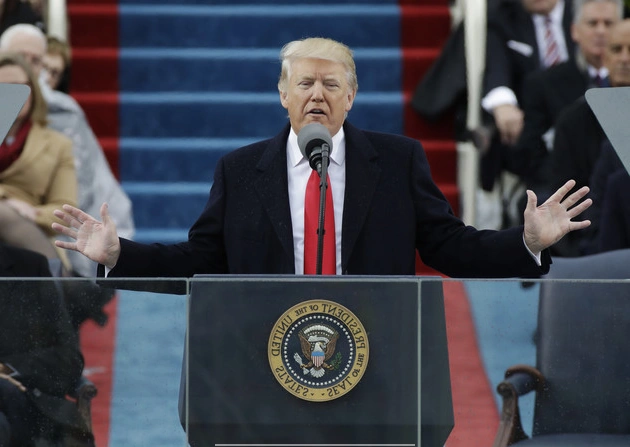
The transition of power in the United States is a critical process that involves the exchange of sensitive government information between the outgoing and incoming administrations. However, the transition from the Trump administration to the Biden administration has raised concerns due to the Trump team’s reliance on private emails for communication.
The Use of Private Emails
Unlike past transitions that utilized government-issued devices and email addresses, the Trump transition team has opted for a fully privatized approach. They communicate through private servers, laptops, and cell phones, using email accounts that do not end in .gov. This decision stems from the team’s choice to forgo federal funding and the associated ethics and transparency requirements.
National Security Implications
The use of private emails by the Trump transition team has raised significant concerns among federal officials and cybersecurity experts. The absence of government oversight and security measures could potentially expose sensitive government data to foreign intelligence collection efforts. Recent hacking attempts from countries like China and Iran targeting top officials further underscore the risks associated with this unconventional communication strategy.
Michael Daniel, a cybersecurity expert, highlighted the vulnerability of transition teams to foreign intelligence collection, emphasizing the importance of secure communication channels during the transition period.
Challenges and Impacts
The reliance on private emails has led to delays and complications in the exchange of government materials between the outgoing and incoming administrations. Federal employees have expressed concerns about sharing sensitive information via private servers, prompting the adoption of in-person meetings and document exchanges as a precautionary measure.
The slow pace of collaboration between the Biden administration and the Trump transition team, compounded by the use of private emails, has hindered the transition process. The Trump team’s refusal to accept government transition support has further exacerbated the challenges of information sharing and coordination.
Security Measures and Future Risks
While the Trump transition team has emphasized the implementation of security measures to protect communication channels, concerns remain about the potential vulnerabilities of private email systems. The risk of hacking and unauthorized access to sensitive information poses a significant threat to national security.
Experts caution that the use of private emails and devices could expose the incoming administration to cybersecurity risks once in power, highlighting the need for robust security protocols and government support during transitions of power.
In conclusion, the unconventional use of private emails by the Trump transition team raises important questions about cybersecurity, information protection, and the integrity of the transition process. As the transition progresses, vigilance and adherence to security best practices are crucial to safeguarding sensitive government data and ensuring a smooth transfer of power.















